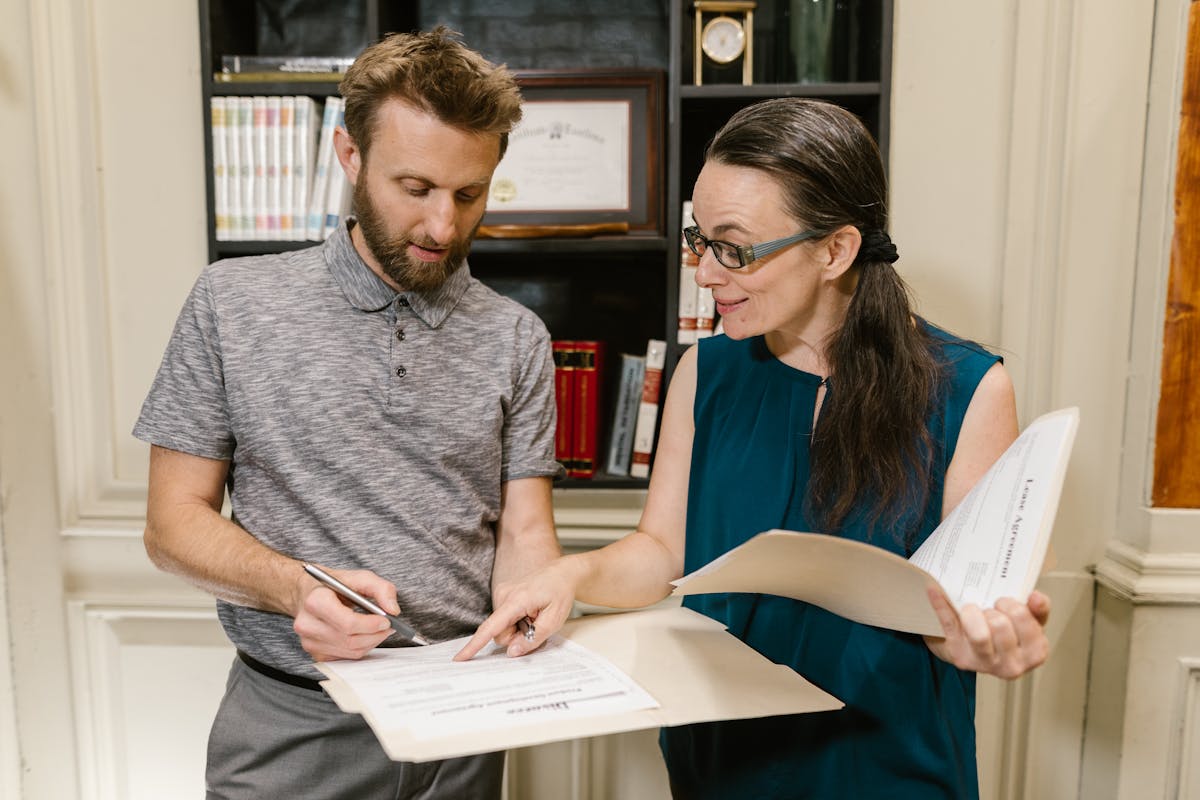Premier California Process Servers at Your Service
Welcome to D&R Legal Process Service LLC, where we specialize in professional and efficient process serving across California. As registered process servers, we are dedicated to the timely and accurate delivery of legal documents for individuals, law firms, and California businesses. Our expertise spans from personal service of process to navigating the complexities of the county clerk’s requirements, ensuring your legal process is handled with precision.
Our Services
1. Legal Document Delivery
Our team of California process servers is skilled in the delivery of all types of legal documents. Whether it’s court documents, unlawful detainer actions, or any other legal process, we ensure personal service with the utmost professionalism. Our process serving complies with all California state laws, offering you peace of mind and successful outcomes.
2. County Clerk Filing & Court Services
Navigating the county clerk’s office can be challenging. Our services extend to filing your completed request, managing registration forms, and handling recording fees efficiently. For Los Angeles County and beyond, trust us to manage your court-related tasks with expertise.
Registered Process Servers You Can Trust
D&R Legal Process Service LLC is comprised of registered process servers who understand the importance of your legal process. From securing proof of service to managing the nuances of a mailing address or insurance company notifications, we handle every detail meticulously. Our process servers are insured, bonded, and equipped with the knowledge to serve your documents according to California’s legal standards.
Why Choose Us?
Experience Across California: From Los Angeles County to every corner of the state, our process servers know California’s legal landscape inside out.
Comprehensive Legal Support: Beyond process serving, we offer services like live scan fingerprinting and assistance with the registration form, including details like two passport photos and ensuring your bond expires compliance.
Dedicated to Success: Every service of process is executed with precision, from ensuring postage is prepaid to updating your current registration and adhering to the effective date of service.
Getting Started
Easy Registration Process
Becoming a client is straightforward. Submit a registration form, complete with two passport photos, a valid photo ID like a driver’s license, and live scan forms. We’ll guide you through the process, including the bond expiration, recording fees, and any further information required for successful registration as a California business or individual seeking legal services.
Contact Us for Personalized Service
Have a specific request or need further information on serving legal documents in California? Our team is ready to assist. Contact us with your new address, details of the legal process, or if you need guidance on matters like an unlawful detainer action. We’re here to ensure your process-serving needs are met in a timely and effective manner.
Hire a Process Server in California, contact D&R Legal
At D&R Legal Process Service LLC, we are committed to delivering exceptional service to our clients. Whether you’re dealing with a simple service of process or more complex legal documents, our registered process servers are here to assist. Trust us for reliable, efficient, and professional process serving across California.
You might also enjoy these related recommendations: San Francisco Process Server
Frequently Asked Questions About Hiring a California Process Server
In California, process servers are governed by rules that ensure the proper serving of legal documents according to the state’s civil procedure laws. A registered process server must file a process server’s registration form with the county clerk, backed by a bond from an insurance or surety company. These rules are designed to maintain the integrity and reliability of the process serving profession, ensuring that individuals and businesses receive fair notice of legal actions against them.
Professional process servers in California typically make multiple attempts to serve documents, usually three to five tries, at different times of the day and week to maximize the chance of serving the recipient. However, the exact number of attempts may vary based on the specific rules of the service contract or the discretion of the professional process server.
If an individual refuses to be served in California, a professional process server can use alternative methods as permitted under state civil procedure rules. This might include substituted service, such as leaving the documents with another adult at the recipient’s residence or place of business, or following a court order for service by publication in a newspaper, if direct service proves impossible.
In California, a process server cannot simply leave papers at your door as a primary method of service. If direct or personal service is not possible, the process server may be allowed to use substituted service, which involves leaving the documents with someone else at the residence or business, or at a conspicuous place like the front door, but only after attempting personal service multiple times and with a court’s approval.
Yes, someone else can accept served papers on behalf of the intended recipient in California under certain conditions. This is known as substituted service and can be performed by leaving the documents with a competent adult residing at the recipient’s home or a person in charge at the recipient’s place of business. However, this method requires prior attempts at personal service and is subject to specific rules outlined in California’s civil procedure codes.
In California, process servers are generally allowed to serve legal papers at any time of day or night. However, professional process servers typically conduct service during reasonable hours to respect the privacy and convenience of individuals. Late-night or very early morning attempts are uncommon unless there are specific reasons to believe those times are the best chance to reach the recipient.
The requirement for how many days before court you must be served in California varies depending on the type of legal action. Generally, individuals should be served at least 15 to 30 days before the court date for most civil cases, allowing sufficient time to respond to the action. The exact timeframe is defined by the civil procedure codes applicable to the case.
When someone is actively avoiding service in California, professional process servers may employ various strategies, such as conducting surveillance, planning ahead for the best time to serve, or using substituted service as allowed by law. If all conventional methods fail, the process server or the party requesting the service may petition the court for permission to serve by alternative means, such as service by publication in a local newspaper or electronic service, if deemed appropriate by the court.
Yes, a registered process server in California has the right to enter a gated community for the purpose of serving legal documents. California law requires that gated communities allow process servers access during normal operating hours, ensuring that the service of process is not obstructed by physical barriers like gates or security guards.








